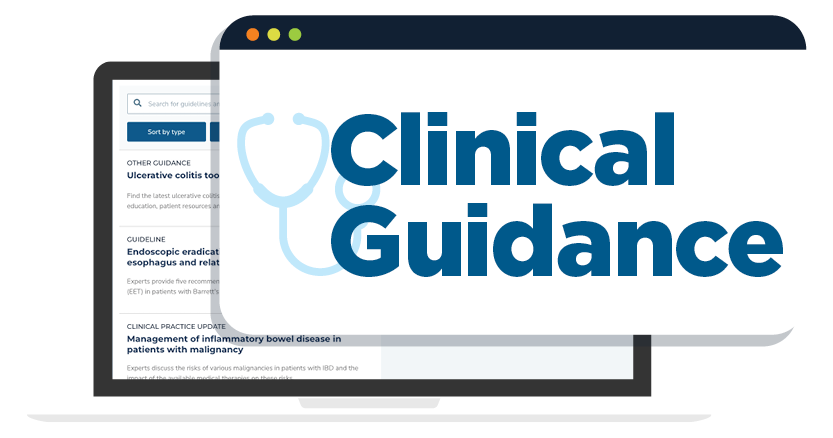1. With the rising incidence of people developing colorectal cancer (CRC) before 50 years of age, diagnostic evaluation of the colon and rectum is encouraged for all patients, irrespective of age, who present with symptoms that may be consistent with CRC, including but not limited to: rectal bleeding, weight loss, change in bowel habit, abdominal pain, iron deficiency anemia.
2. Clinicians should obtain family history of colorectal and other cancers in first and second degree relatives of patients with young adult-onset CRC and discuss genetic evaluation with germline genetic testing either in targeted genes based on phenotypic presentation or in multiplex gene panels regardless of family history.
3. Clinicians should present the role of fertility preservation prior to cancer-directed therapy including surgery, pelvic radiation or chemotherapy.
4. Clinicians should counsel patients on the benefit of germline genetic testing and familial cancer panel testing in the pre-surgical period to inform which surgical options may be available to the patient with young adult-onset CRC.
5. Clinicians should consider utilizing germline and somatic genetic testing results to inform chemotherapeutic strategies.
6. Clinicians should offer hereditary CRC syndrome specific screening for CRC and extra-colonic cancers only to young adult-onset CRC patients who have a genetically or clinically diagnosed hereditary CRC syndrome. For patients with sporadic young adult-onset CRC, extra-colonic screening and CRC surveillance intervals are the same as for patients with older adult-onset CRC.













